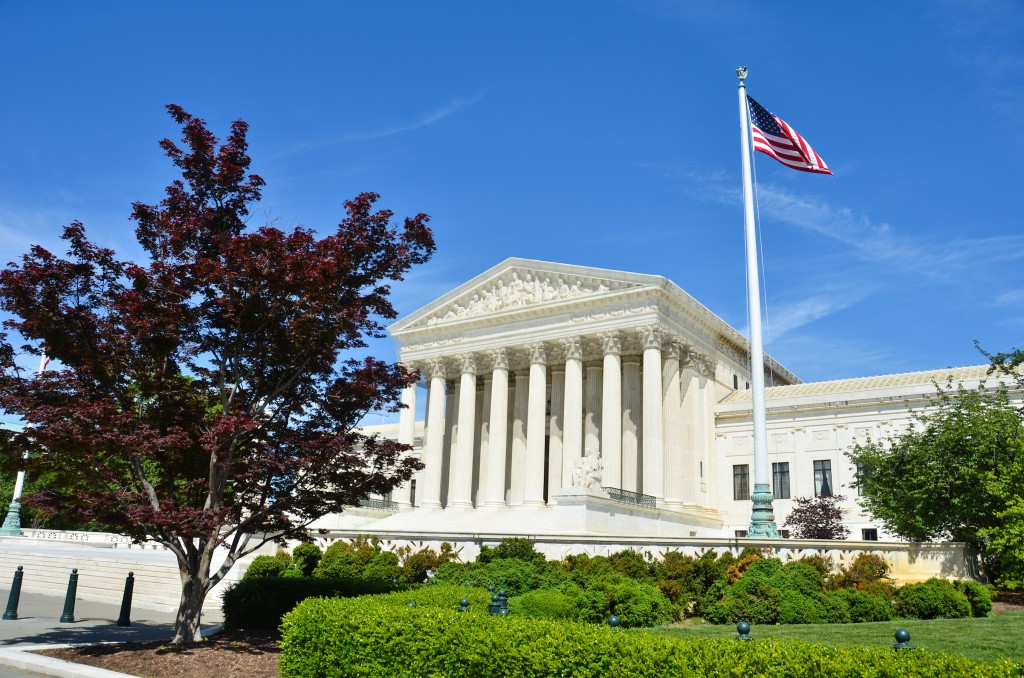
Religious charities and birth control
On March 9, 2015, the US Supreme Court told the Seventh Circuit Court of Appeals (Chicago) to review its ruling denying the University of Notre Dame’s request for an injunction against the HHS contraceptives mandate. A lower federal court had earlier denied Notre Dame’s claim that the “accommodations” provided to religious nonprofits violate its religious freedom rights. The Seventh Circuit had upheld that denial. But now the Supreme Court has told the Seventh Circuit court that it must review its denial in light of the Supreme Court’s Hobby Lobby decision.
Notre Dame—and many other religious nonprofits—have argued that the two versions of the “accommodation” are unacceptable. They do not exempt the religious organizations from the mandate to provide all legal contraceptives but instead only shift the obligation and costs of providing the birth control to whichever insurance company or third-party administrator the nonprofit utilizes. The federal government had provided neither an exemption nor an accommodation to for-profit companies, and yet, in its Hobby Lobby decision in June, 2014, the Supreme Court ruled that closely-held for-profit companies can opt out of the mandate for religious reasons. Expanded access to birth control has to be provided in some way other than compelling companies like Hobby Lobby to include the drugs and procedures.
Does the March 9th Supreme Court remand of the Notre Dame case back to the Seventh Circuit appeals court hint that a majority of the Court will rule in favor of religious employers when it finally accepts a case from a religious nonprofit with a religious objection to the mandate? Mark
Rienzi, Senior Counsel for the Becket Fund for Religious Liberty, stated, “[T]his is a strong signal that the Supreme Court will ultimately reject the government’s narrow view of religious liberty. The government fought hard to prevent this GVR, but the Supreme Court rejected their arguments.” (In a GVR, the Supreme Court takes up an appeal from a federal appeals court decision, cancels the decision, and instructs the court to consider the matter again.)
However, Douglas Laycock, religious freedom expert at the University of Virginia Law School, is not convinced that the Court has signaled a positive future ruling. He says, “The nonprofits may eventually win or lose, but today’s order implies nothing about the merits. Whenever they have a cert petition that is in any way connected to a recent decision, it is routine to grant the petition, vacate the judgment, and remand for further consideration in light of the new decision.”
So no one knows for sure what the Court’s decision to remand the Notre Dame case might portend. Religious freedom scholars disagree. But we do know that five Justices surprised many experts last summer by ruling that closely-held businesses have religious freedom rights. We may fairly suspect that when the Court takes up a religious nonprofit case, it may rule that these employers, too, have more extensive religious freedom rights than many experts, and the federal government, have conceded.
